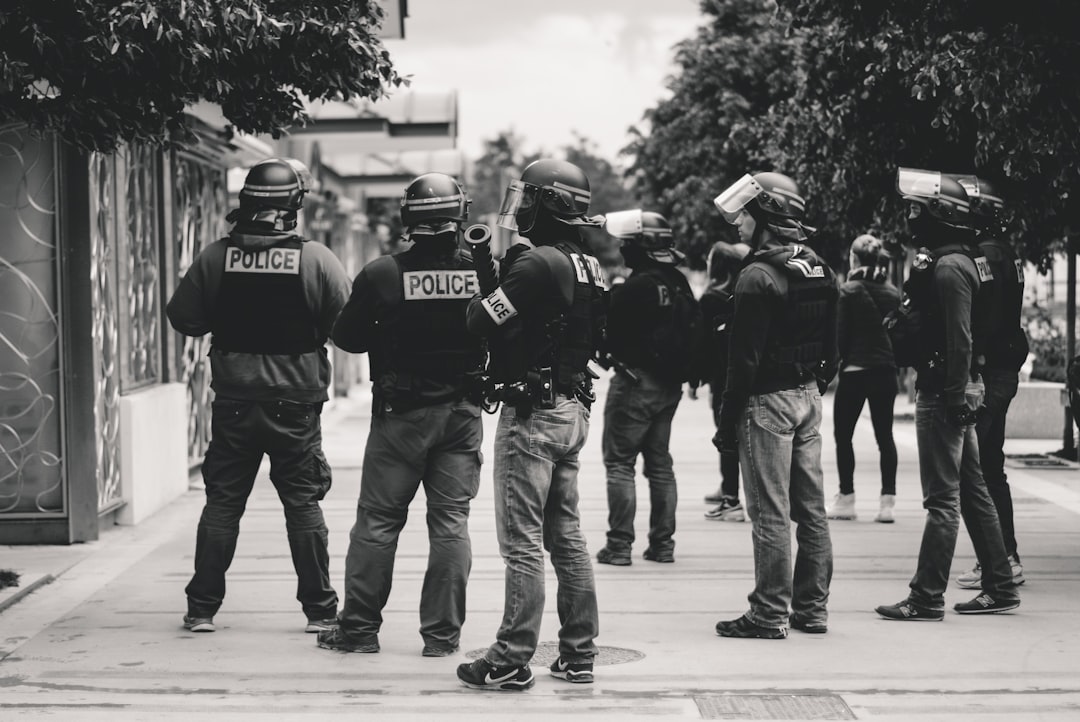Probation officers play an essential role in the justice system, helping to rehabilitate offenders and reintegrate them back into society.
They are responsible for providing supervision, support, and guidance to individuals on probation, ensuring that they comply with court orders, participate in rehabilitation programs, and avoid reoffending.
If you’re interested in pursuing a career as a probation officer, read on to discover the qualifications, application process, and additional training required.
Why is Probation Officer a vital career?
Probation officers help to prevent crime and reduce recidivism rates by working with individuals who have been convicted of offenses or are considered at risk of reoffending.
Probation officers serve as a critical link between the court system, community resources, and the individuals under their supervision.
They are committed to helping offenders learn new skills, develop healthy relationships, and take responsibility for their actions.
Probation officers work with a wide range of people, including those convicted of minor offenses, individuals with mental health or substance abuse problems, and high-risk offenders.
They often have the opportunity to work closely with individuals and families, making a significant impact on people’s lives.
Qualifications to become a Probation Officer
To become a probation officer, you will need to meet specific qualifications. The requirements vary by state, but in general, you will need at minimum a bachelor’s degree in criminal justice, social work, psychology, or a related field. Some states may require additional education or experience.
In addition to educational qualifications, employers will look for candidates with excellent communication, problem-solving, and interpersonal skills.
Probation officers need to have strong attention to detail, be self-motivated, and have the ability to work both independently and as part of a team.
Additionally, candidates will need to pass a criminal background check, drug screening, and psychological evaluation.
Application Process
The application process for probation officer positions typically involves submitting an online application or resume, cover letter, and relevant documents, such as educational or professional certifications.
Once your application has been reviewed, you may be invited to participate in an interview or assessment process.
During the interview process, you may be asked about your education, experience, and skills, as well as your understanding of the role of a probation officer.
You may also be asked to provide examples of how you have demonstrated critical thinking, problem-solving, and communication skills in previous roles.
Following the interview, successful candidates will typically be required to undergo a background check, drug screening, and psychological evaluation.
Some employers may also require a physical fitness test or additional testing to assess job-related skills.
Additional Training
In addition to the educational and qualification requirements, probation officers typically receive extensive on-the-job training.
This training covers a wide range of topics, including the criminal justice system, offender management, communication skills, report writing, and case management.
Many states also require probation officers to complete continuing education courses to stay up-to-date with changes in laws and policies that affect their work.
These courses may be offered online or in-person and may cover topics like domestic violence, substance abuse, and mental health.
Frequently Asked Questions
Q1: What is the hiring process for probation officer positions like?
The hiring process typically involves submitting an online application, participating in an interview or assessment process, and undergoing a background check, drug screening, and psychological evaluation.
Q2: What qualifications are necessary to become a probation officer?
Candidates typically need at least a bachelor’s degree in criminal justice, social work, psychology, or a related field, as well as excellent communication, problem-solving, and interpersonal skills.
Q3: What additional training do probation officers receive?
Probation officers receive extensive on-the-job training covering topics like the criminal justice system, offender management, communication skills, report writing, and case management.
Many states also require continuing education courses to stay up-to-date with changes in laws and policies.
Q4: What is the job outlook for probation officers?
The job outlook for probation officers is relatively stable, and the Bureau of Labor Statistics predicts steady job growth in the field over the next several years.
Q5: What are the working conditions for probation officers?
Probation officers typically work in an office environment but may also need to travel to court hearings or visit individuals under their supervision in the community.
Q6: What kind of salary can probation officers expect?
The salary for probation officers varies by state and experience. According to the Bureau of Labor Statistics, the median annual salary for probation officers is in the range of 50K and 80K+.
Q7: How challenging is the job of a probation officer?
The job of a probation officer can be challenging, as they work with individuals who may have complex needs or histories of violent behavior.
However, the job can also be rewarding, as probation officers have the opportunity to make a significant positive impact on people’s lives.






